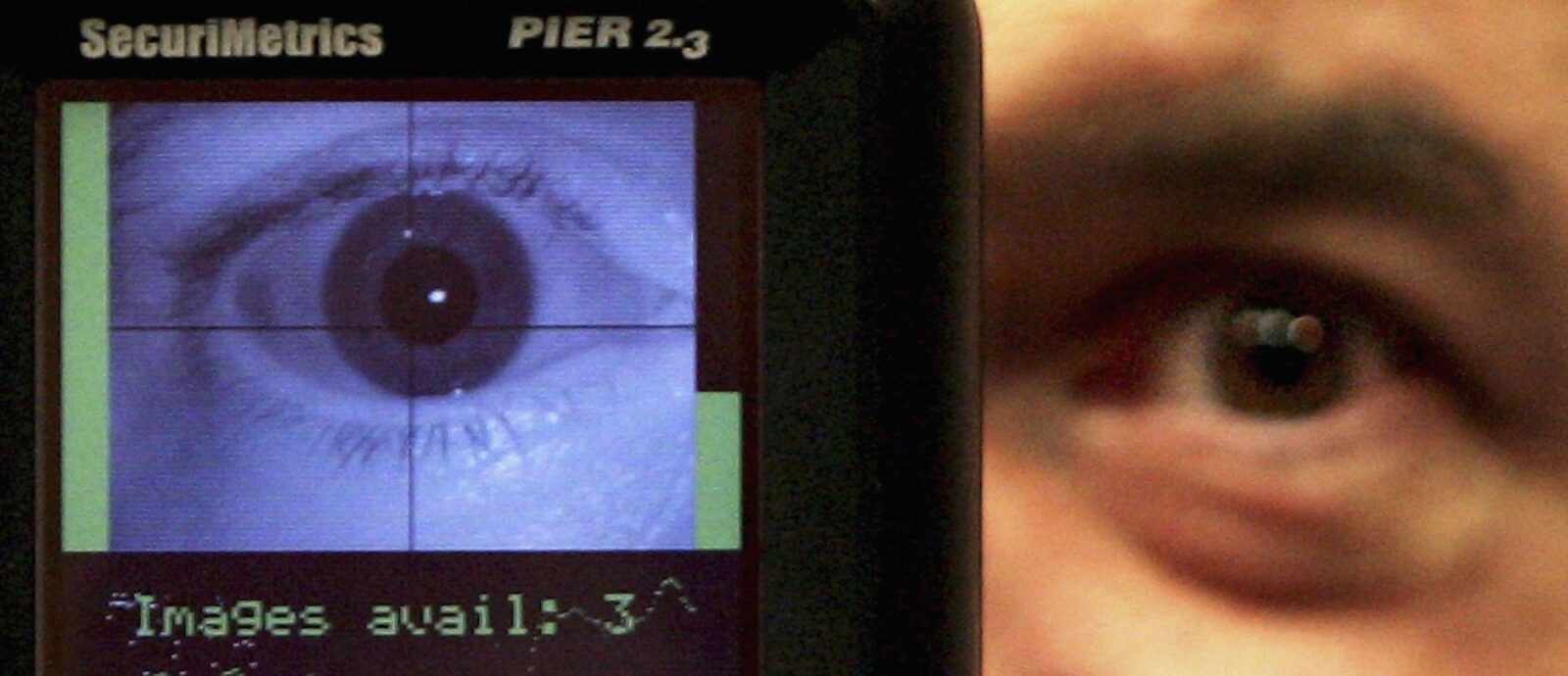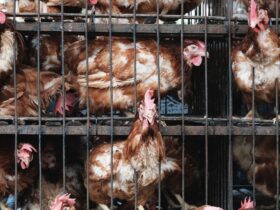Kroger and Walmart, two of the biggest grocery brands in the United States, are reportedly thinking about adding digital price tags into stores that give them the option to change prices on the fly depending on a variety of factors. It’s called surge pricing, and if you ever used Uber, you’re probably already familiar with how stupid and unfair the system is. Well, it could now be applied to your food.
Grocery companies like this shitty underhanded tactic because it will cut down on labor costs. Critics argue it will allow them to much more easily price gouge customers based on minute-to-minute demand.
Videos by VICE
Kroger has been testing digital price tags since 2018. Of the company’s 3,000 or so locations, it plans to expand its implementation of digital price tags to 2,600 of them by 2026. They’ve also announced plans to use facial recognition technology to offer targeted coupons. Meanwhile, Walmart has also been testing digital price tags with fluctuating prices that could change in the time it takes you to grab the item off the shelf and scan it at the register. They currently use it at 60 locations, which will be dramatically ramped up to 2,300 locations by 2026. Walmart once piloted facial recognition as a means of identifying shoplifters.
Both Walmart and Kroger have publicly stated that they will not be using these new digital price tags to implement surge pricing. Most people hearing that likely respond with an intense eye roll and a vigorous jerk-off hand motion, possibly while making a fart sound with their mouth, and then letting out a deeply sarcastic “Sure thing, buddy.”
Senators Elizabeth Warren, Bob Casey, and Congresswoman Rashida Tlaib are calling bullshit on the whole thing. When stores use facial recognition, they believe, they will be able to profile individual customers and set custom prices based on their shopping habits, along with a wide variety of other factors.
In a letter to Kroger’s CEO that she also posted on X, Tlaib asked a few concerning questions:
- Will Kroger use data captured by ESL facial recognition to display targeted advertisements and price adjustments for goods? Can a customer opt out of being surveilled and discriminated against?
- What safeguards for privacy will be in place? How are you intending to protect private data for consumers captured by the facial recognition tools within your stores? Where will you store this private information?
- How will your dynamic pricing work? Will you publicly publish information about the algorithms used to price gouge customers? What transparency measures will you take to convince the public you are not taking advantage of them?
- Are there plans to sell data collected in the store?
- Are you planning to deploy ESL technology at all stores? Will customers who wish to shop at Kroger but who do not wish to be subjected to facial recognition and ESL have options to shop at nearby Kroger stores that are not utilizing this technology?
- Are you planning to deploy ESL technology for all goods in your stores? Will Kroger exclude certain necessities – like fresh produce, milk, and eggs – from ESL dynamic pricing?
The Federal Trade Commission is also currently looking into this so-called “surveillance pricing,” where prices are adjusted on the fly depending on who is doing the buying.















